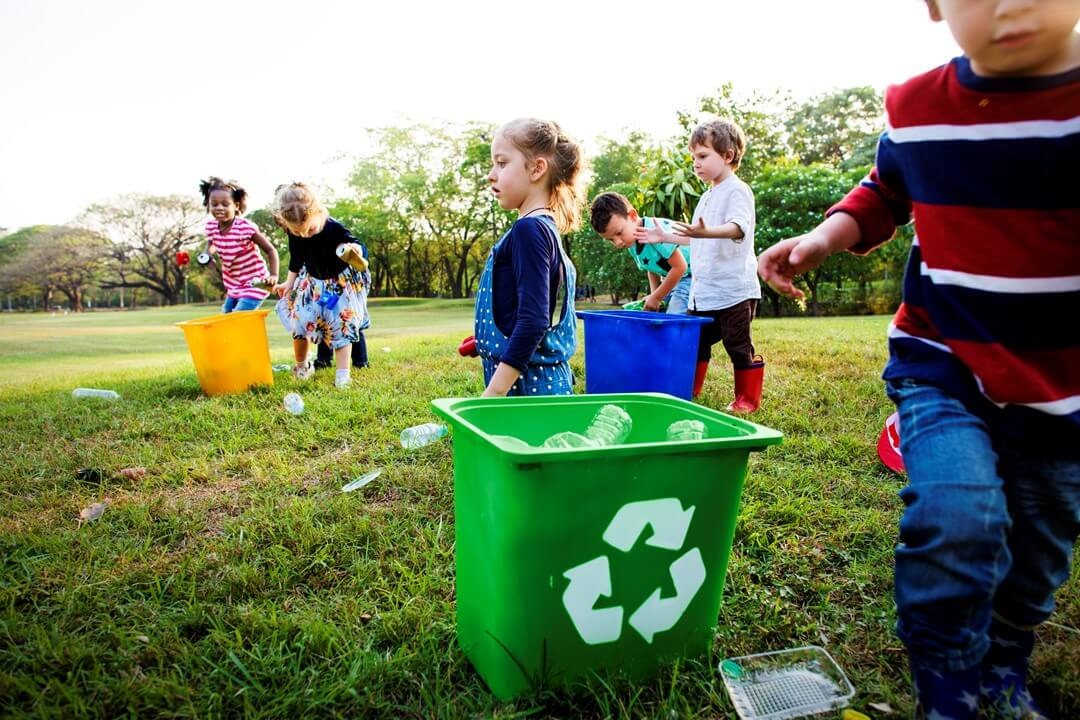
Educating the Next Generation for Responsible Plastic Use
Introduction:
Plastic pollution has become a global crisis, impacting ecosystems, wildlife, and human health. The over-dependence on single-use plastics and inadequate waste management systems have led to mountains of plastic waste ending up in landfills, oceans, and other natural habitats. To address this challenge, it is imperative to educate the next generation about responsible plastic use. By instilling values of sustainability, recycling, and reusing in children, we can pave the way for a plastic-free future.
The Current State of Plastic Pollution:
Plastic pollution has reached alarming levels, with approximately 8 million tons of plastic finding its way into the oceans every year. The detrimental effects of plastic pollution on marine life are evident, with millions of marine mammals, birds, and fish dying due to ingestion or entanglement in plastic debris. Additionally, microplastics, tiny plastic particles, have infiltrated the food chain, eventually reaching human consumption. This highlights the urgent need to address plastic pollution at its root cause.
Importance of Educating the Next Generation:
Education plays a pivotal role in shaping behaviors and attitudes, making it crucial to educate the next generation about responsible plastic use. By targeting children and young adults, we can instill habits and values that will shape their actions throughout their lives. Additionally, children can act as advocates and influence their parents, extended family, and communities to adopt more sustainable practices. This trickle-up effect can have a significant impact on reducing plastic waste generation.

Incorporating Plastic Education in School Curricula:
One effective way to educate the next generation about responsible plastic use is by incorporating plastic education into school curricula. Lessons on the environmental impact of plastic pollution, the importance of recycling and reusing, and alternative packaging materials can be included in various subjects such as science, geography, and social studies. By integrating plastic education across disciplines, children will develop a holistic understanding of the issue and its multifaceted aspects.
Engaging Students through Hands-on Activities:
To enhance the learning experience, hands-on activities can be incorporated into plastic education programs. Students can participate in waste audits, where they analyze the types and amounts of plastic waste generated in their school. They can also learn about different recycling processes by visiting recycling facilities or engaging in DIY recycling projects. These activities not only educate but also empower students to take an active role in waste reduction and recycling.
Empowering Students as Plastic Ambassadors:
Students can be empowered as plastic ambassadors to actively promote responsible plastic use within their schools and communities. They can organize awareness campaigns, create posters or infographics, and conduct presentations to educate others about the impact of plastic pollution and the importance of reducing plastic waste. By involving students in such initiatives, they become drivers of change and develop leadership qualities, fostering a sense of responsibility towards the environment.
Engaging Technology for Plastic Education:
In today’s digital age, technology can be utilized to enhance plastic education programs. Educational apps, videos, and interactive online modules can provide an engaging platform for learning about plastic pollution and its solutions. These resources can be made accessible to students both in and outside the classroom, ensuring continuous learning and reinforcement of key concepts.

Collaboration with NGOs and Businesses:
To further strengthen plastic education initiatives, collaboration with non-governmental organizations (NGOs) and businesses is essential. NGOs can provide expertise, resources, and funding to support plastic education programs in schools. Businesses, on the other hand, can play a role by promoting sustainable product packaging and offering alternatives to single-use plastics. Collaborations with these stakeholders can reinforce the importance of responsible plastic use and expose students to real-life initiatives addressing plastic pollution.
Conclusion:
Educating the next generation about responsible plastic use is paramount in creating a plastic-free future. By integrating plastic education into school curricula, engaging students through hands-on activities, empowering them as plastic ambassadors, embracing technology, and collaborating with NGOs and businesses, we can equip children with the knowledge and skills needed to tackle plastic pollution. It is through their actions and values that we can pave the way for a sustainable and plastic-free world.
All Categories
- Agricultural Methods
- Agriculture and Women Small Farmers Rights Awareness
- Climate Change
- Disable and Human Rights
- Disable Jobs
- Donation
- Education
- Health Issues
- Organic Foods
- Organic Vegetables
- Orphans Children
- Plastic production and disposal
- Services
- Sinking in Scarcity
- Success Stories
- Uncategorized
- Waste Management
- Women Rights
- Youth Empowerment




